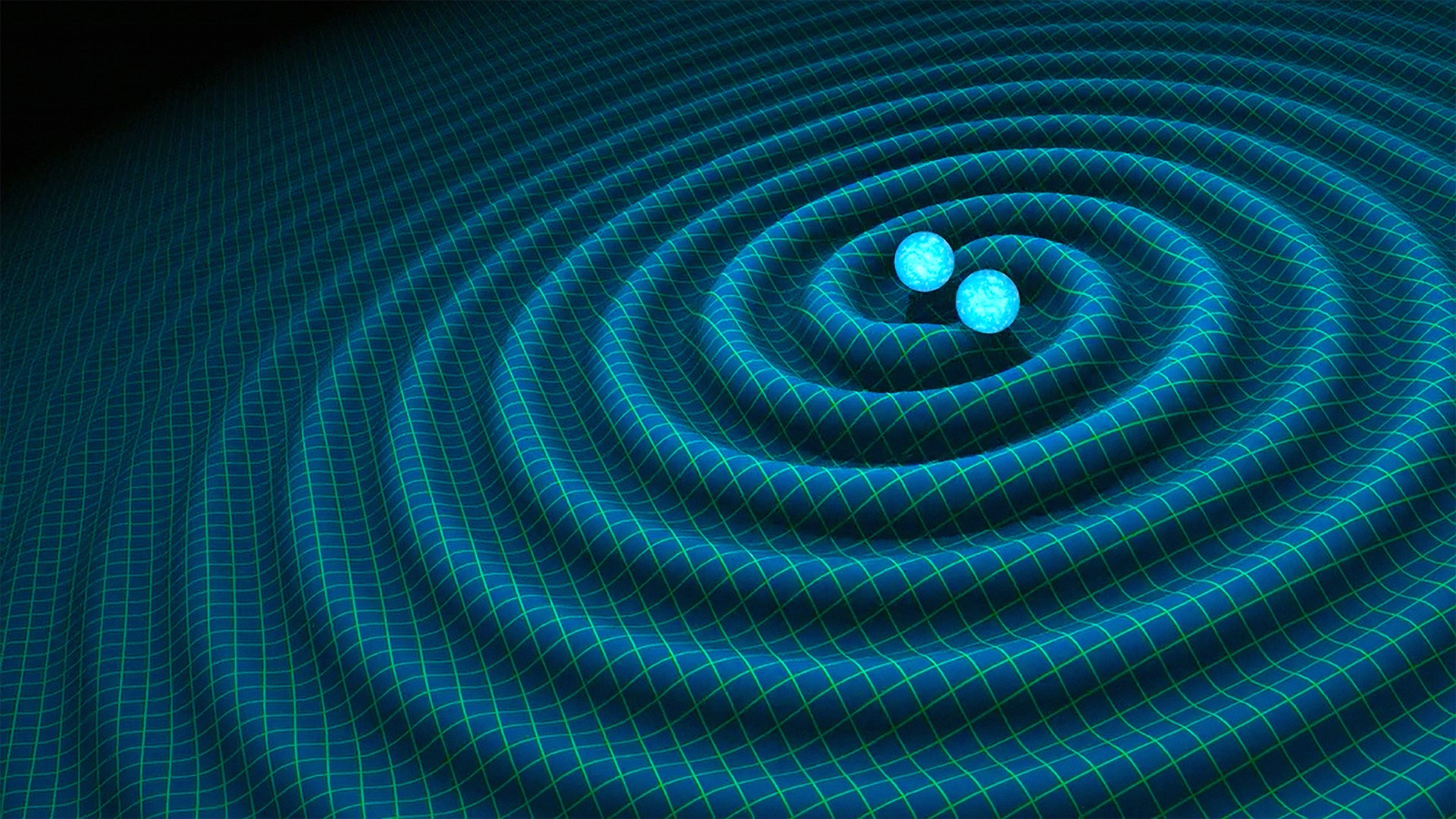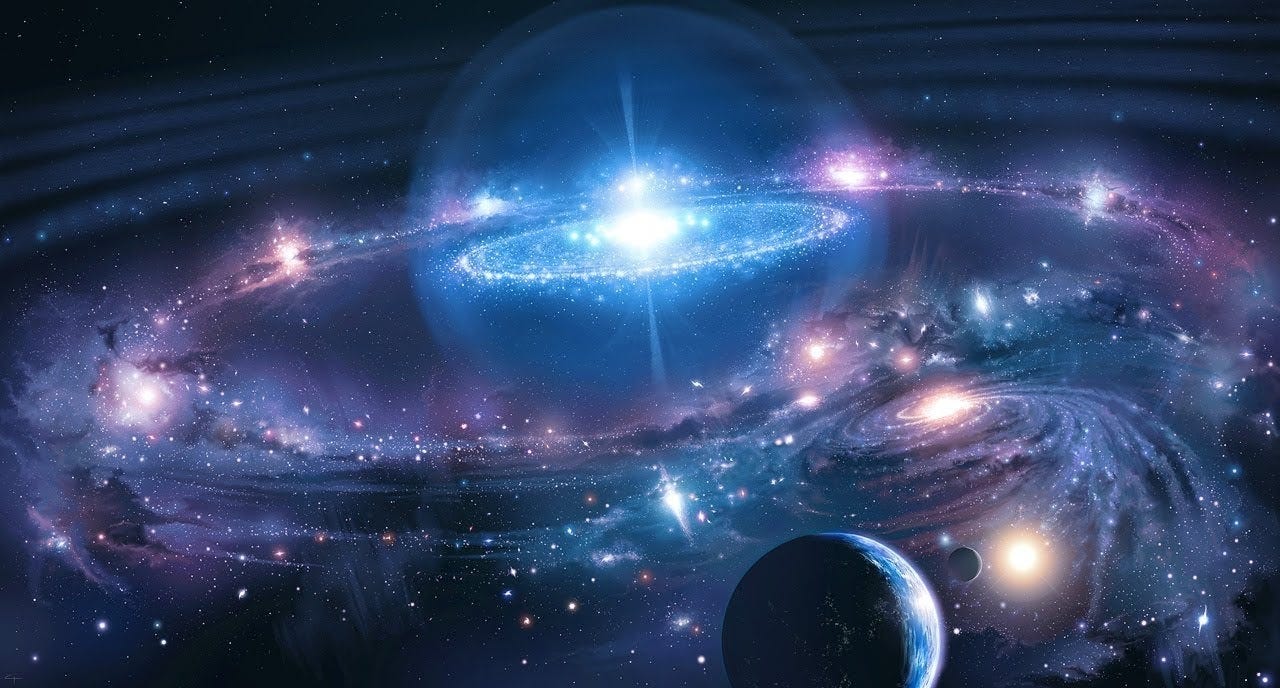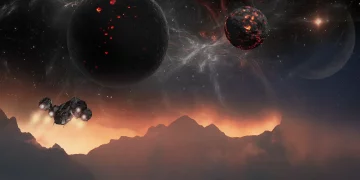Quantum physics is often considered the most fundamental theory in science, offering profound insights into the nature of reality at the smallest scales of energy levels and matter. But even as quantum mechanics has revolutionized our understanding of the universe, it has also revealed more questions than answers. As researchers continue to explore the limits of quantum phenomena, we are beginning to probe territories that stretch beyond the horizon of what is currently understood. The following exploration will delve into the cutting-edge concepts and theories that stretch the boundaries of quantum physics, shedding light on the frontiers that lie beyond our current knowledge.
The Quantum Revolution: A Brief Overview
Before venturing into the unknown, let’s briefly revisit quantum mechanics. In the early 20th century, scientists such as Max Planck, Albert Einstein, and Niels Bohr discovered that energy is quantized and that particles exhibit both wave-like and particle-like properties—a concept known as wave-particle duality. Quantum mechanics, as a result, describes the behavior of particles on the microscopic scale, including atoms and subatomic particles. This revolutionary theory shattered the deterministic worldview of classical physics and replaced it with probabilities, uncertainty, and entanglement.
Quantum mechanics has since led to remarkable technological advancements, including the development of lasers, semiconductors, and quantum computers. It has also spurred a new wave of philosophical inquiry about the nature of reality, measurement, and observation. But despite its successes, quantum physics still leaves many questions unanswered—questions that may lead us to a deeper understanding of the universe, one that lies beyond the horizon of our current knowledge.
1. The Multiverse: Infinite Realities?
One of the most provocative ideas that quantum mechanics has birthed is the notion of the multiverse. The multiverse hypothesis proposes that our universe is just one of many, possibly infinite, parallel universes. This idea stems from the interpretation of quantum mechanics known as the Many-Worlds Interpretation (MWI), first proposed by physicist Hugh Everett III in 1957.
According to MWI, every time a quantum event occurs with multiple possible outcomes (such as an electron being in two places at once), the universe splits into separate branches, each corresponding to one of the possible outcomes. In this view, each decision, measurement, or event creates a branching of reality into an infinite number of distinct universes, each as real as the one we observe. This suggests that there may be an endless number of versions of ourselves, living out alternate lives in alternate realities.

While the multiverse theory has gained significant traction among theoretical physicists, it remains highly controversial due to the lack of direct empirical evidence. The idea also challenges the very essence of scientific theory, as the multiverse is inherently unobservable and may be beyond the reach of experimental verification.
Despite these challenges, the multiverse idea offers a radical new perspective on quantum mechanics. It implies that our universe is not an isolated entity but part of a vast, possibly infinite, cosmic web of parallel worlds. If true, this theory would not only revolutionize our understanding of physics but also force us to rethink our place in the cosmos.
2. Quantum Gravity: The Search for a Unified Theory
One of the greatest unsolved problems in physics is the quest to unify quantum mechanics with general relativity, Einstein’s theory of gravitation. While quantum mechanics excels at describing the behavior of particles at microscopic scales, general relativity governs the forces that shape the universe on a grand scale—such as the bending of spacetime around massive objects.
However, these two theories are fundamentally incompatible. Quantum mechanics is built on probabilistic principles and works well in the microscopic world, while general relativity is a deterministic theory that describes the smooth and predictable behavior of large-scale phenomena like stars, galaxies, and black holes. The clash between the two frameworks becomes particularly apparent in extreme environments, such as the singularity at the center of a black hole, where both quantum effects and gravitational forces are significant.
This incompatibility suggests that a deeper theory may be required—one that can reconcile the strange behavior of quantum particles with the curvature of spacetime predicted by general relativity. The search for a theory of quantum gravity is one of the most active areas of theoretical physics. Some of the most promising candidates for this theory include string theory and loop quantum gravity.
- String theory proposes that the fundamental building blocks of nature are not point-like particles, but rather tiny, vibrating strings. These strings can exist in more than the familiar three dimensions of space, leading to the possibility of multiple extra dimensions that we cannot directly observe.
- Loop quantum gravity, on the other hand, suggests that spacetime itself is quantized, with the fabric of the universe made up of tiny discrete loops.
Both of these theories offer potential routes toward unifying quantum mechanics and general relativity, but as of now, neither has been experimentally confirmed. Nonetheless, the pursuit of quantum gravity is a crucial endeavor in our understanding of the universe, particularly as we explore the deepest mysteries of black holes, the Big Bang, and the very fabric of spacetime itself.
3. Quantum Entanglement: Spooky Action at a Distance
Another intriguing phenomenon that quantum mechanics has uncovered is quantum entanglement, famously described by Einstein as “spooky action at a distance.” Entanglement occurs when two or more particles become linked in such a way that the state of one particle is directly related to the state of another, regardless of the distance between them.
This non-local connection defies classical notions of space and time, suggesting that information can be transmitted instantly between entangled particles. While entanglement has been experimentally verified and is a crucial component of technologies like quantum computing and quantum cryptography, its true implications are still being explored.
One of the most profound questions raised by entanglement is whether it implies a deeper, underlying structure of reality. Some physicists speculate that entanglement could be a manifestation of a more fundamental layer of reality—one that connects all particles in the universe in ways we cannot yet comprehend. This has led to theories like the holographic principle, which suggests that the entire universe could be described as a projection of information encoded on a distant, two-dimensional surface.
If entanglement is indeed a fundamental feature of reality, it may point to a deeper, interconnected fabric of the universe—one that transcends the limits of space and time as we know them.

4. Quantum Consciousness: Is the Mind a Quantum Phenomenon?
The intersection of quantum mechanics and consciousness is another area of intense speculation. Some researchers, notably physicist Roger Penrose and neuroscientist Stuart Hameroff, have proposed that consciousness itself may be a quantum phenomenon.
Their theory, known as the Orchestrated Objective Reduction (Orch-OR) model, suggests that quantum effects occur within the brain’s microtubules, which are structures within neurons. According to this hypothesis, the brain’s ability to process information could be influenced by quantum coherence, allowing for phenomena like free will, subjective experience, and awareness to emerge from quantum processes.
While this theory is controversial and lacks direct experimental evidence, it has sparked a broader debate about the potential relationship between the mind and the quantum realm. Could our consciousness be an emergent property of quantum processes, or is it fundamentally different from the phenomena described by quantum mechanics?
If quantum processes are indeed involved in consciousness, it would suggest that the brain operates in ways that are vastly different from classical computers and may open new avenues for understanding the mind, the nature of thought, and even the possibility of life beyond Earth.
5. The Nature of Reality: Is the Universe a Simulation?
As quantum mechanics has shattered classical ideas about the nature of reality, it has also led to the exploration of new, often mind-bending hypotheses about the fabric of existence. One of the most popular and controversial ideas to emerge in recent years is the simulation hypothesis.
This hypothesis, championed by philosopher Nick Bostrom, posits that our entire universe may be a computer simulation created by a far more advanced civilization. According to this theory, the complex and seemingly “real” world we experience is actually a highly sophisticated virtual reality, indistinguishable from what we perceive as reality.
The simulation hypothesis raises profound questions about the nature of existence, free will, and the limits of human knowledge. If our universe is indeed a simulation, what does that imply about the nature of consciousness, the laws of physics, and our place in the cosmos? Could the simulation itself be governed by quantum laws, with particles behaving in ways that suggest a deeper computational reality?
Although there is no direct evidence to support the simulation hypothesis, the idea has gained popularity in both philosophical and scientific circles. Some researchers have even proposed experiments that could potentially detect “glitches” in the fabric of reality, which might indicate that our universe is a simulation.
6. The Future of Quantum Physics: What Lies Ahead?
As we push the boundaries of quantum physics, we are confronted with profound philosophical and scientific questions. Will we ever reach the horizon of quantum physics and understand the ultimate nature of reality? Or will new mysteries continually arise as we probe deeper into the quantum world?
The future of quantum research is likely to bring even more surprising discoveries and paradoxes, particularly as technologies like quantum computing, quantum teleportation, and quantum cryptography advance. These technologies are already challenging our classical notions of computation, communication, and security.
At the same time, the search for a unified theory that encompasses both quantum mechanics and general relativity will continue to push the limits of human understanding. Whether through string theory, loop quantum gravity, or some other breakthrough, the quest for the theory of everything will remain a central pursuit in the coming decades.
As we move beyond the horizon of current knowledge, one thing is certain: the future of quantum physics will be as strange, surprising, and profound as the universe itself.























